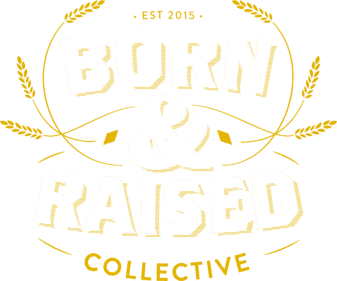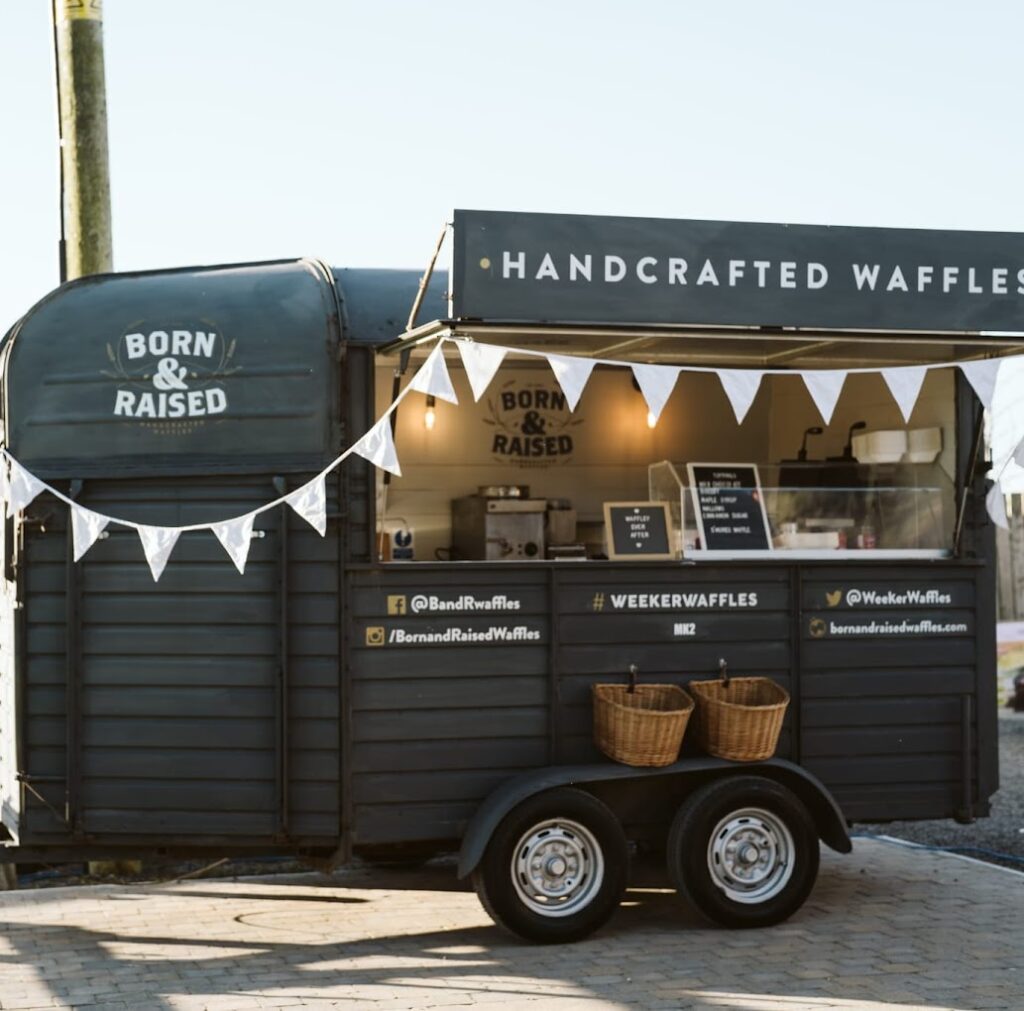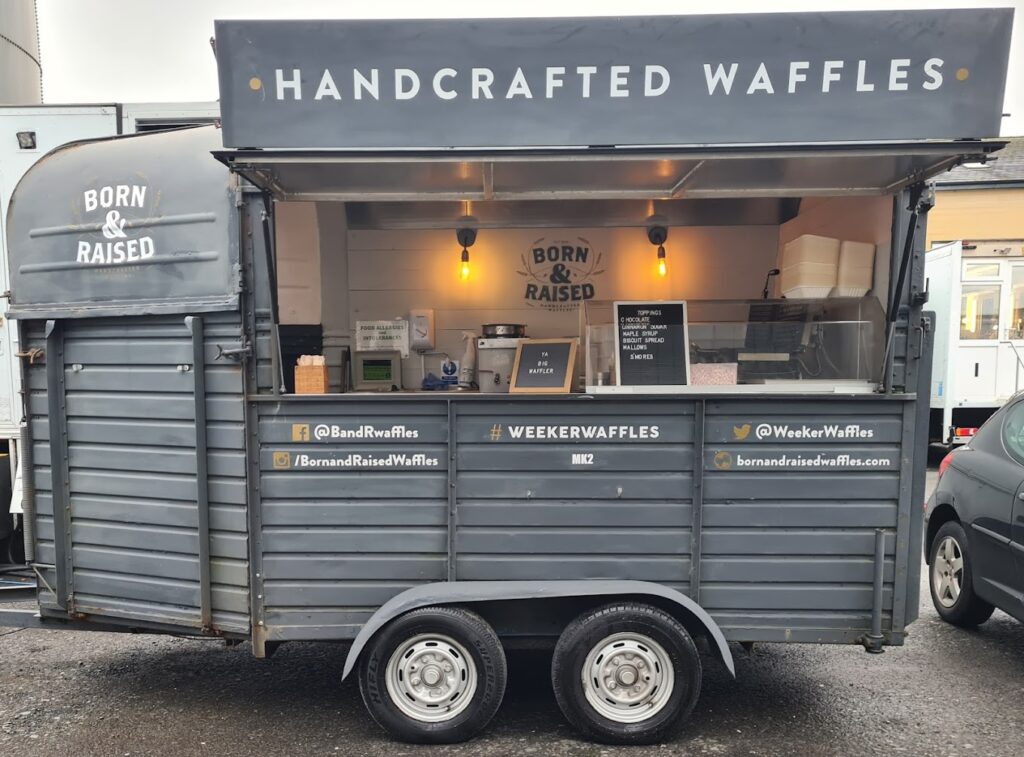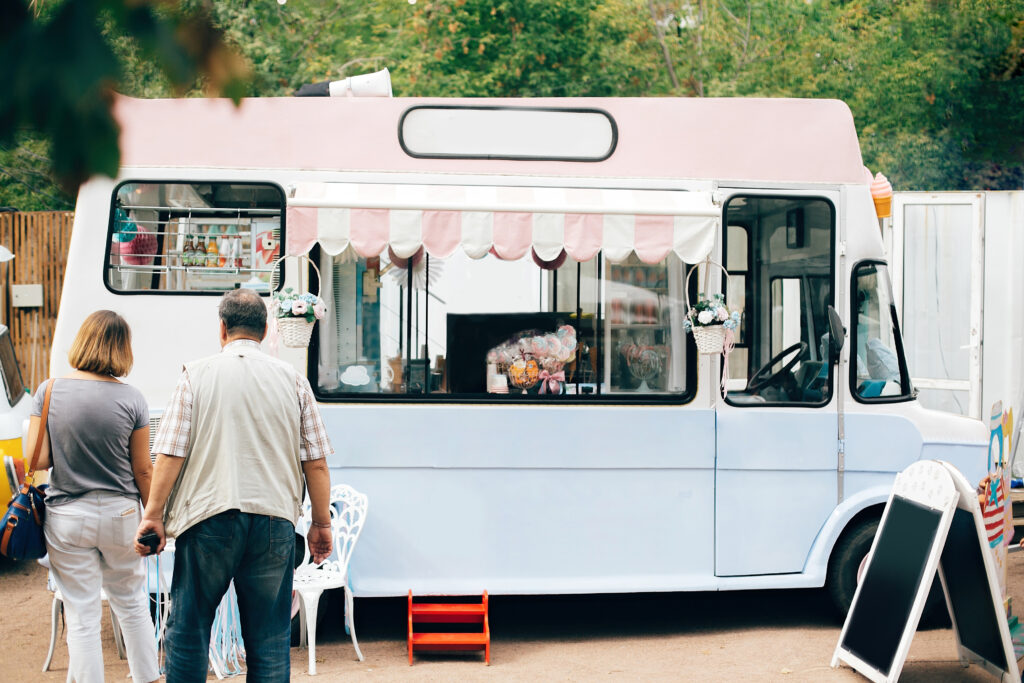Running a food truck is one of the most exciting and challenging things I’ve ever done. When I first started, I had no idea where it would take me. Like many, I thought the best way to build a name was by parking up on busy streets, working festivals, and relying on passing trade. Over time, I realised that private hire events like weddings, corporate functions, fun days, staff events, and film shoots were where the real sustainability and the joy came from.
Looking back now, I wish I’d had access to a dedicated food truck directory. A platform that could have put my business in front of the right people at the right time, driving traffic to my website and helping secure bookings. Instead, I learned through trial and error. This is my experience of building a private hire–only food truck business in the UK and Ireland, and why I believe focusing on private hire is one of the smartest moves a food truck owner can make.
Starting Out in the Food Truck World
When I first launched my food truck business in 2015 Born & Raised Waffles, the natural assumption was to hit kerbside spots, local markets, and festivals. It’s what everyone seemed to be doing, and it looked like the quickest way to get customers. I’d serve coffee, waffles, and street food at all sorts of events. Sometimes it was amazing — big crowds, great atmosphere, queues forming at the window. But other times? I’d be standing in the rain, waiting for customers that never came, watching the hours tick by.
The problem was inconsistency. I could work a 12-hour day at a market and barely cover costs after fees, fuel, and stock. Festivals were the same exciting opportunities, but unpredictable, expensive to get into, and often oversaturated with traders. It quickly became clear: kerbside trading and markets weren’t the long-term solution I thought they’d be.
The Shift to Private Hire
Everything changed when I booked my first wedding. Suddenly, instead of relying on passers-by, I had a guaranteed crowd, a confirmed payment, and a reason to show up knowing I’d make money. That experience opened my eyes to the world of private hire.
From there, I built my food truck business around private events only. Weddings, corporate events, fun days, staff appreciation days, and film shoots became my focus. The more I leaned into this model, the more I realised how many advantages it offered compared to kerbside or festival trading.
The Pros of Private Hire Food Truck Events
- Guaranteed income – Bookings were confirmed in advance, meaning no wasted days hoping for sales.
- Predictable planning – I knew guest numbers, menu requirements, and timing before I arrived.
- Prestige and experience – Weddings and corporate events put my food truck in front of high-value clients.
- Networking – One private event often led to another through word-of-mouth recommendations.
- Less stress – No worrying about footfall or competing with 20 other traders in one space.
Each event became not just a day of work, but a showcase of my food truck. Guests at a wedding would later contact me to cater for their corporate event. A staff appreciation day led to bookings for family fun days. Film shoots introduced me to production teams that kept coming back. Private hire snowballed into a sustainable business model.
The Cons of Kerbside Trading and Markets
Don’t get me wrong — kerbside spots and markets can be a great way to start, build a name, and gain experience. But for me, the downsides outweighed the benefits:
- Unpredictable sales – No guarantee of income, especially if the weather was poor.
- High costs – Pitch fees, travel, stock, and long hours often left little profit.
- Intense competition – At festivals, dozens of trucks competed for the same customers.
- Burnout – Long days with little return can quickly sap your motivation.
Markets and kerbside trading are valuable experiences, but I learned quickly that if I wanted to build a food truck business that paid the bills and gave me stability, private hire was the answer.
The Role of Online Visibility
Here’s the truth: most of my private hire bookings didn’t come from social media. Yes, Instagram and Facebook helped show off my food and engage with customers, but likes and shares didn’t translate into guaranteed bookings. Instead, most enquiries came through my website and people finding me on Google.
If there had been a dedicated food truck directory back then, it would have been a game-changer. Instead of relying on people stumbling across my social media, I could have been visible to couples planning weddings, businesses organising staff events, or production teams looking for on-set catering. Being searchable online is what made private hire work, and a directory could have accelerated that growth massively.
Why Food Trucks Need More Than Social Media
Social media is useful, but it’s limited. A viral post might get attention, but it doesn’t guarantee bookings. What food truck owners really need is a strong online presence that includes:
- A website – A professional, easy-to-navigate site that showcases your food, your story, and your booking process.
- Professional photos – High-quality images of your food truck, your menu, and your events.
- Branding – A recognisable logo and consistent design that builds trust.
- Directory listing – A profile on platforms like Born & Raised Collective to put you in front of people who are actively searching.
Likes won’t pay the bills — but strong online visibility will.
Looking Back: What I’d Do Differently
If I could go back, I’d invest earlier in building a website, creating a brand, and listing on a directory. It would have saved me months of trial and error, and countless wasted days chasing footfall at markets. A food truck directory dedicated to private hire businesses like mine would have meant more enquiries, more visibility, and a faster route to success.
Advice for New Food Truck Owners
If you’re starting a food truck business today in the UK or Ireland, here’s my advice:
- Focus on private hire events early — weddings, corporate events, film shoots, and staff days are where the stability lies.
- Build a simple website and invest in quality photos — it will pay off quickly.
- Use social media, but don’t rely on it — treat it as a support tool.
- Get listed on directories like Born & Raised Collective to be found by the right clients.
- Don’t be afraid to say no to markets or kerbside trading if they don’t serve your business goals.
Conclusion
Running a food truck is tough, but it’s also incredibly rewarding. For me, the turning point was focusing on private hire only. Weddings, corporate events, staff days, fun days, and film shoots gave me consistency, higher earnings, and a business model I could rely on.
Kerbside trading and markets have their place, but if you want stability, private hire is where to look. And if I’d had access to a platform like Born & Raised Collective at the start, it would have saved me years of hard lessons. If you’re running a food truck in the UK or Ireland today, my advice is simple: don’t just post for likes. Be found online, build your presence, and go where the bookings are.



